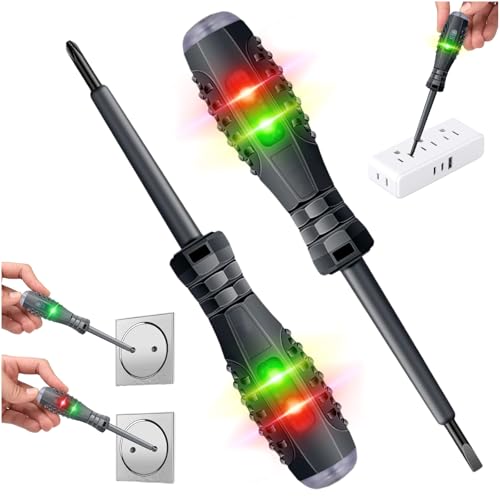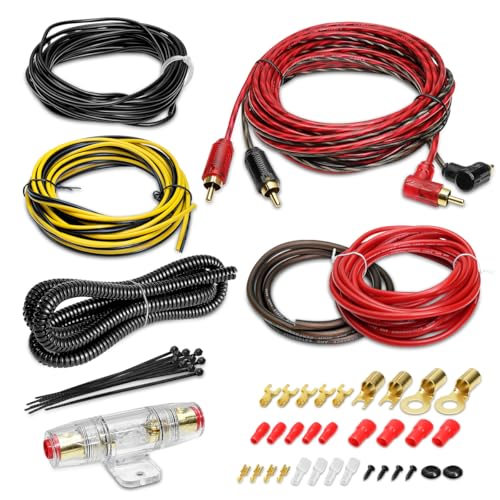johnb2713
Well-known member
I was just trying to add to your post.
I've had a few customers keen to go completely off-grid over the years, the numbers never work out at anything sensible unless they don't have a grid connection already, or are prepared to live like hermits...
From what I have read from the OP he really hasnt understood off grid 'v' grid tie. I feel he will be making a big mistake going for an off grid inverter.



































































